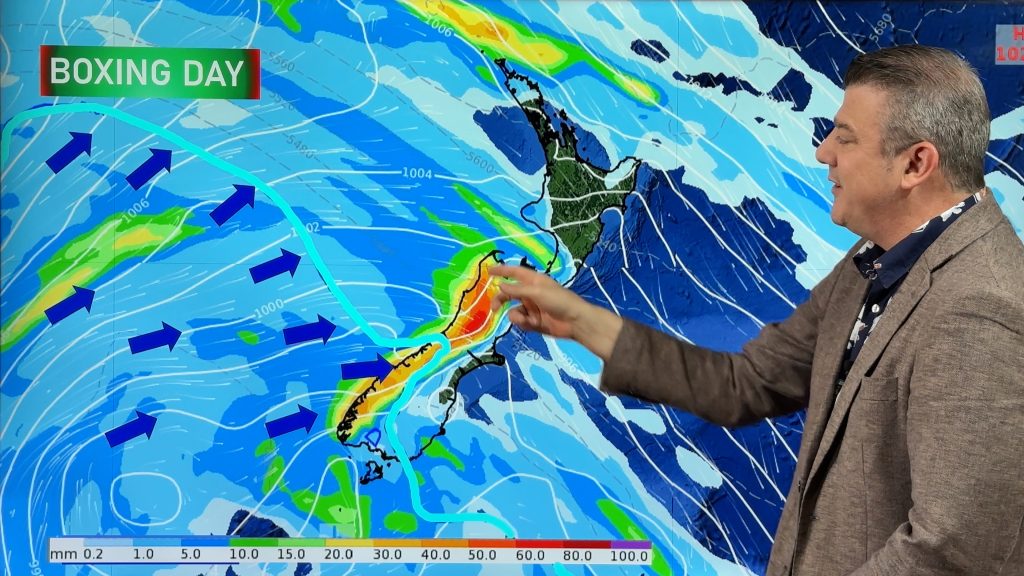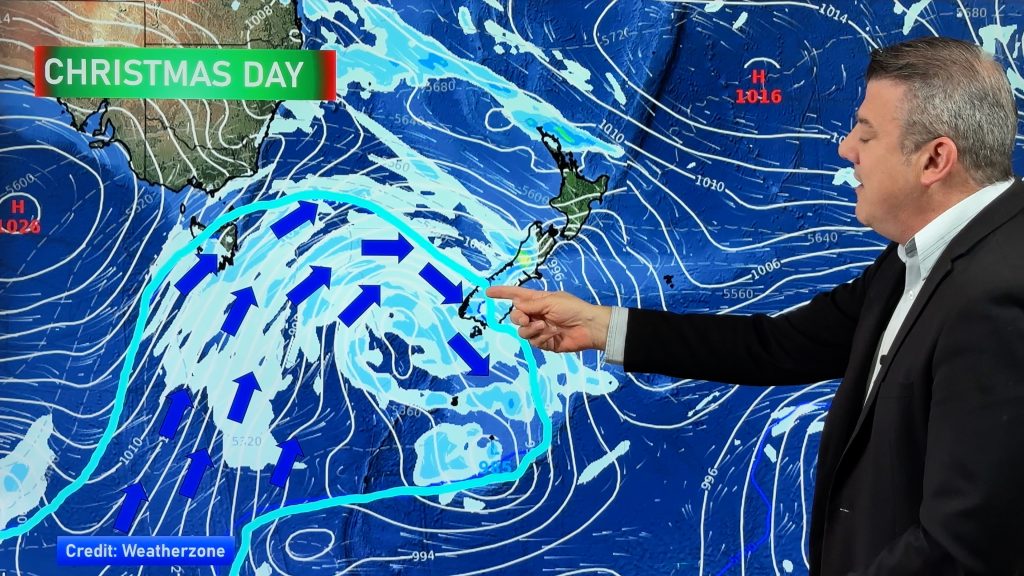What makes a drought an official drought? We talk to MPI to get all the answers
5/02/2017 5:13pm

> From the WeatherWatch archives
WeatherWatch.co.nz head forecaster Philip Duncan speaks with the Ministry for Primary Industries this week to make sense of it all.
The regions of Northland and Gisborne appear to be in the middle of a drought – and possibly Hawke’s Bay – but what exactly does that mean – and who announces it?
Well, the process may not be quite what you think.
It’s a myth that the Ministry for Primary Industries (MPI) “declares a droughtâ€. In fact, the Government doesn’t declare a drought is present, just like they don’t declare a river flooded, or that there is snow on the mountain. However the Government may provide recovery assistance if it is requested, when it meets the criteria under the Primary Sector Recovery Policy.
A drought should be acknowledged locally, well before the point State assistance is required to help recover from the ongoing impacts.
Forget the term “drought declaration†– it’s an incorrect term. This should happen by the dry region itself acknowledging a drought has formed. Kind of like admitting you have a problem – sometimes that first step of admitting it is the hardest. This “acknowledgement” can come from a number of parties, but the ideal ones are either your local/regional council, and/or from NIWA. If either NIWA or Council acknowledge there is a drought this is in effect ‘declaring there is a drought’.
When the community cannot cope with the drought (or any other adverse event) and need help, a request is presented to MPI – and MPI advise their Minister and the Government on the level of assistance that should be provided.
MPI uses a framework to classify the impact of adverse events as either localised, medium-scale, or large-scale. They consider things like mitigation options, physical impacts, social impacts, and economic impacts. Recovery measures are only provided in medium or large scale events.
The word “acknowledge†is key to droughts. It basically means we have to be honest about whether a drought has formed – and if so, is it severe enough that the State needs to step in and help communities recover. We also need to build resilience in our communities to manage through these types of adverse events, as best we can.
WeatherWatch.co.nz believes both Northland and Gisborne are in drought and our criteria to come to this conclusion is as follows:
- The regions are much drier than average according to the soil moisture deficit maps created by NIWA/taxpayer.
- There has been almost no substantial rain in 3 months in these regions
- The forecast looks drier than average for the next month ahead.
To us at WeatherWatch.co.nz, that is a drought – but unless the regional Council or NIWA acknowledge, the media will incorrectly ask the Government to declare drought.
Also – having a drought acknowledged in a region doesn’t instantly help a farmer financially, but it can provide the right support networks for them. Remember being in a drought isn’t just financial, it’s the personal and emotional stresses you are put through too.
It’s very important to know that if you already need help you do not need a Drought to be in place, you can already reach out for help from the Government – it does not need any local authorities to officially say anything. Talk to your farm advisor, banker, industry body representatives, and your local Rural Support Trust.
Some farmers and Council don’t like to acknowledge a drought either – for a variety of reasons, some as basic as a belief that the State shouldn’t help out unless truly dire. A crisis, in other words. Some even see it as a sign of weakness to ask for help.
A medium-scale adverse event classification and the provision of recovery measures only occur after the impacts of an event are beyond the ability for the community to cope – a bit like a Civil Defence emergency happens after a tropical storm hits, rather than before it arrives. It really is the ambulance at the bottom of the cliff there to help.
We thank MPI for better explaining the process for us to share with the New Zealand public.
MPI has also confirmed to WeatherWatch.co.nz there has been a project to develop improved ways to recognise the onset and duration of droughts for NZ. We look forward to seeing what comes of this.
– By Philip Duncan, with advice from the Ministry for Primary Industries
Comments
Before you add a new comment, take note this story was published on 5 Feb 2017.




Add new comment
Colin on 5/02/2017 12:56am
It seems that these particular areas are drought prone year after year. If that is the case, and droughts cause hardship for stock and farmers, is farming the best use for the land? Are there any other uses of the land that would be more resilient to these events that could still provide income in rural areas?
Do any other personal businesses get taxpayer funding during difficult times? Can farming be more resilient? In the case of Northland at least, there’s plenty of rain throughout the year, so can it be stored effectively for use in summer?
Reply
Guest on 3/02/2017 8:11am
strange star from the west of NZ rite now, no other stars to see just this random new 1
Reply
WW Forecast Team on 3/02/2017 8:28am
Most likely you’re looking at planet Venus which is currently in the west and pretty bright 🙂
Cheers
WW
(oh and side topic, we also have a new moon in the west!)
Reply